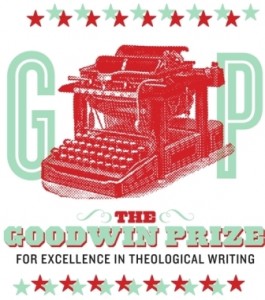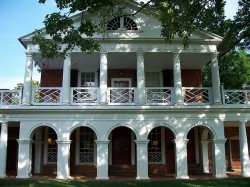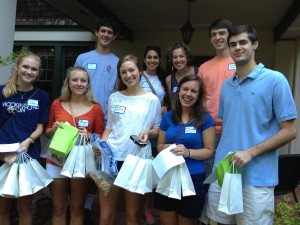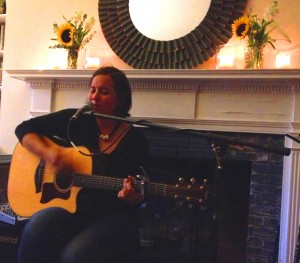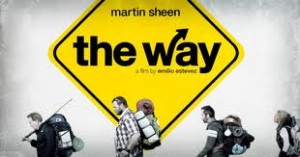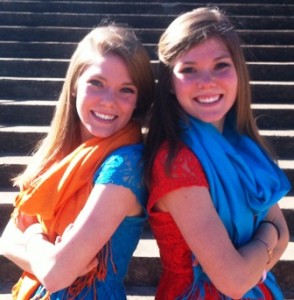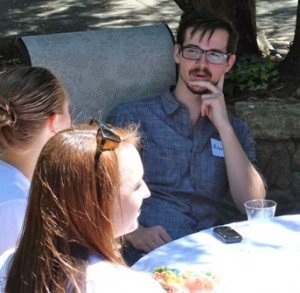A detective novel. A question that puzzles us, a thing we just can't put into words. South African theologian and friend of Theological Horizons, John de Gruchy, invites us to consider mystery:
"Mystery is being encountered by and engaging reality differently. It is not a question of solving problems, but of participating in something that transcends and ultimately overwhelms us as we struggle with matters of life and death, love and justice, faith and hope...In the end, this is what it means to be 'led into mystery', and in the process to become more fully human." (from Led Into Mystery: Seeking Answers in Life & Death)
Bonhoeffer said that our lives have worth to the extent that we keep our respect for mystery. How can God lead us into mystery today, this second Sunday of Advent?
"The unrecognized mystery of this world: Jesus Christ. That this Jesus of Nazareth, the carpenter, was himself the Lord of glory: that was the mystery of God. It was a mystery because God became poor, low, lowly, and weak out of love for humankind, because God became a human being like us, so that we would become divine, and because he came to us so that we would come to him.
God as the one who becomes low for our sakes, God in Jesus of Nazareth--that is the secret, hidden wisdom...that 'no eye has seen nor ear has heard nor the human heart has conceived' (I Cor. 2:9)...That is the depth of the Deity, whom we worship as mystery and comprehend as mystery."
"God travels in wonderful ways with human beings, but he does not comply with the views and opinions of people. God does not go the way that people want to prescribe for him; rather, his way is beyond all comprehension, free and self-determined beyond all proof. Where our reason is indignant, where our nature rebels, where our piety anxiously keeps us away: that is precisely God loves to be."
"And that is the wonder of all wonders, that God loves the lowly. God is not ashamed of the lowliness of human beings. God marches right in. He chooses people as his instruments and performs his wonders where one would least expect them. God is near to lowliness; he loves the lost, the neglected, the unseemly, the excluded, the week and broken."---Dietrich Bonhoeffer
(source: God is in the Manger: Reflections of Advent and Christmas)







 John W. de Gruchy, Emeritus Robert Selby Taylor Professor of Christian Studies at the University of Cape Town, South Africa, will give a lecture entitled, “Led into Mystery: Seeking Answers in Life and Death” on Tuesday, November 19 at 5:00 p.m. in the lounge of St. Paul’s Memorial Church across from the Rotunda.
John W. de Gruchy, Emeritus Robert Selby Taylor Professor of Christian Studies at the University of Cape Town, South Africa, will give a lecture entitled, “Led into Mystery: Seeking Answers in Life and Death” on Tuesday, November 19 at 5:00 p.m. in the lounge of St. Paul’s Memorial Church across from the Rotunda.

